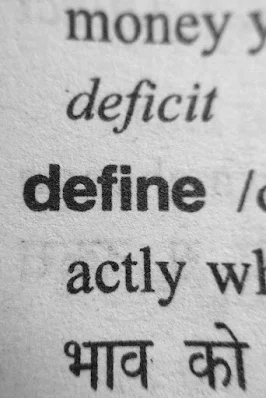WLAD: Definition of Employer
What is the definition of “Employer” under the Washington Law Against Discrimination? Here’s my point of view (NOTE: please read our DISCLAIMER before proceeding).
WASHINGTON LAW AGAINST DISCRIMINATION
Under the Washington Law Against Discrimination (WLAD), it is an unfair practice, with very few exceptions, for an employer to refuse to hire any person, to discharge or bar any person from employment, or to discriminate against any person in compensation or in other terms and conditions of employment because of age (40+); sex (including pregnancy); marital status; sexual orientation (including gender identity); race; color; creed; national origin; citizenship or immigration status; honorably discharged veteran or military status; HIV/AIDS and hepatitis C status; the presence of any sensory, mental, or physical disability; the use of a trained dog guide or service animal by a person with a disability; and state employee or health care whistleblower status.
DEFINITION OF EMPLOYER
The relevant law can be found under chapter 49.60.040(11) RCW which states as follows:
“EMPLOYER” includes any person acting in the interest of an employer, directly or indirectly, who employs eight or more persons, and does not include any religious or sectarian organization not organized for private profit.
Thus, for example, even if a manager discriminates against an employee while acting directly in the interest of an employer; the Washington Law Against Discrimination will not apply to the employer if it either employs less than eight persons or is lawfully defined as a religious/sectarian organization not organized for private profit – this exclusion will also apply if both conditions exist simultaneously. Importantly, however, the injured employee might still be able to seek other avenues for legal recourse.
Learn More
If you would like to learn more, then consider contacting an experienced Washington State Employment Discrimination Attorney as soon as possible to discuss your case. Please note: the information contained in this article is not offered as legal advice and will not form an attorney-client relationship with either this author or Williams Law Group, PS; please see our DISCLAIMER.









